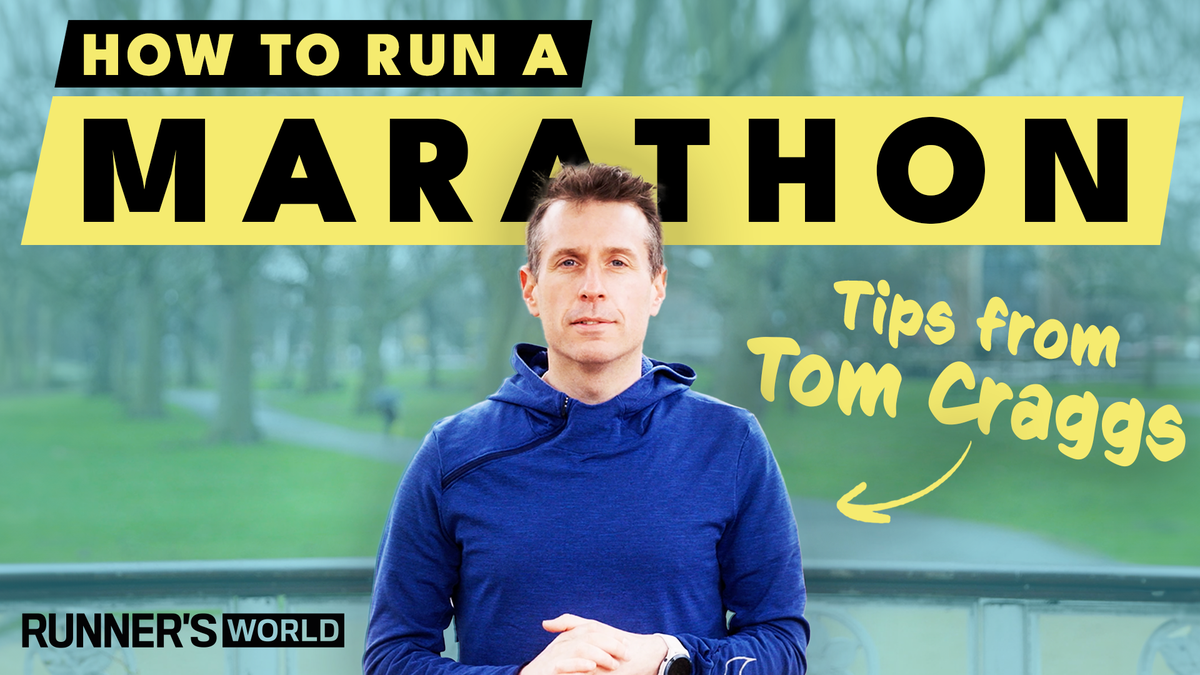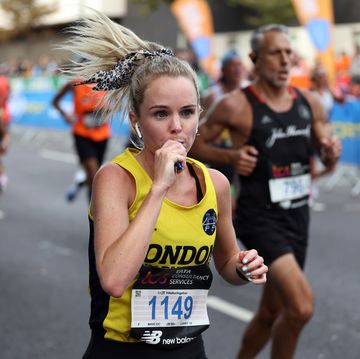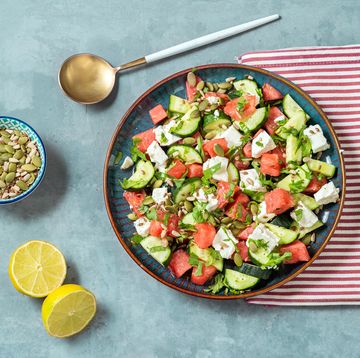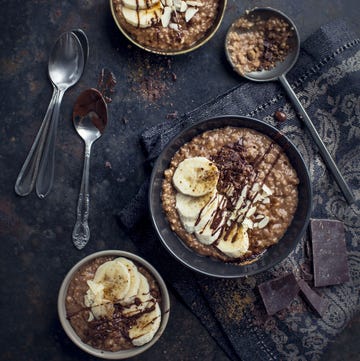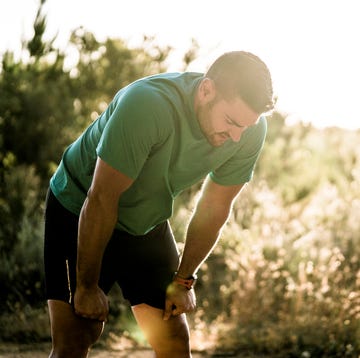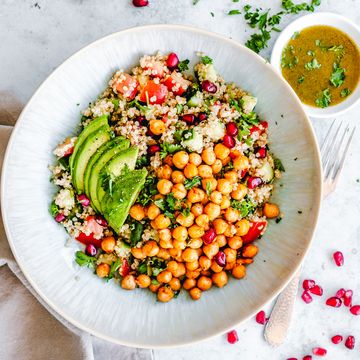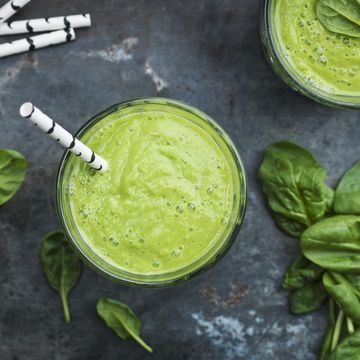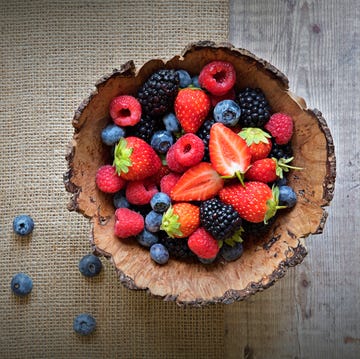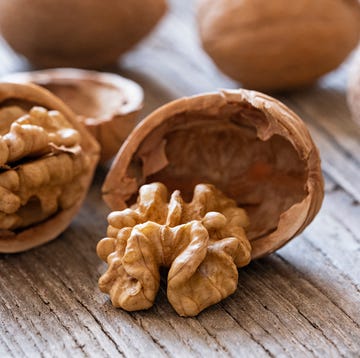Runners may already be aware that they need to eat the right foods to fuel their runs properly, and that they need to eat well after each run, too, to recover well. But what does this mean in practice? When it comes to running nutrition, it can be tricky to get the timings of your eating, and the ingredients within your diet, just right.
Fortunately, top sports dietitian Renee McGregor is here to provide top advice on running nutrition, from the time you should leave between eating and running, to what to snack on if you've got a long run or race on the day's agenda.
What to eat before a run
Long run or session
When preparing for a long run or high-intensity session like intervals, you'll need to think about what you eat – especially your carbohydrate intake – around 24-36 hours before you even lace up your trainers and get out the door. Within this period before your long run or session, it's key that you consume meals and snacks that contain plenty of good-quality carbohydrate. This day of eating could look like the following:
- Breakfast: Toasted bagel topped with peanut butter and a banana
- Lunch: Jacket potato with tuna salad, followed by a fruit yoghurt
- Mid-afternoon: Hot cross bun or crumpet or similar, toasted with butter
- Evening meal: Tofu or chicken stir-fry with rice, followed by a dessert of Greek yoghurt and fruit
- Before bed: Oatcakes with a topping of your choice, followed by a good night’s sleep so you feel well fuelled and rested on your long run or session the following day
Morning run
Whether it's to fit around work or the school run, or to simply to start the day on the right foot, many runners choose to run first thing in the morning. However, it can be challenging knowing what, and when, to eat before morning runs so you feel adequately fuelled but not uncomfortable when on the move.
For morning runs lasting under an hour, aim to eat around 1-1.2g of carbohydrate per kilogram of your body weight (kg/bw), adjusting the amount according to the duration and intensity of your run. Good pre-run food options for the morning include toast, hot cross buns, Scotch pancakes and a banana with a fruit yoghurt.
If you’re in a rush, or if it’s just too early for you to face a solid meal, a solution is to take on a sports drink. You could even make your own – simply take 300ml of any fruit juice and dilute this with 300ml of water, and add 1⁄4 tsp salt if you’re a heavy sweater. Sip on some of your sports drink before setting off, carry it with you and then continue to drink it while running.
When should you run after eating?
As a general rule, if you're eating a snack or small meal, wait at least one to two hours before running so you can benefit from this pre-run fuel with experiencing any gastrointestinal upsets. If you're eating a larger meal, wait a bit longer – ideally three to four hours – before heading out for a run.
What to eat after a run
Once you're back from a run – whether that's a long run, a session, or an outing of a few easy miles – it's important that you move your focus to recovery and what you should eat to support this.
Within 30 minutes of finishing a run, take in what you need to help your body start to repair and adapt from the training. Again, you should aim to consume around 1-1.2g of carbohydrate per kg/bw, as well as up to 0.4g of protein per kg/bw to help your muscles to recover and grow. If it’s not a mealtime, eat a recovery snack to kick-start the all-important replenishment process. The following snacks all provide a good intake of carbohydrate and protein:
• Flavoured milk and a cereal bar
• Greek yoghurt and granola
• Protein shake made with dairy or oat milk, or a protein bar
Follow your snack with a more substantial, balanced meal within two hours to continue the recovery process. The same applies if you’re doing a double day of training, which could involve a second run, strength work or a cross-training session. By refuelling properly after every run, you will get the greatest benefits from all your hard work.
Renee McGregor is a leading sports dietitian with over 20 years’ experience. Find out more at reneemcgregor.com.

